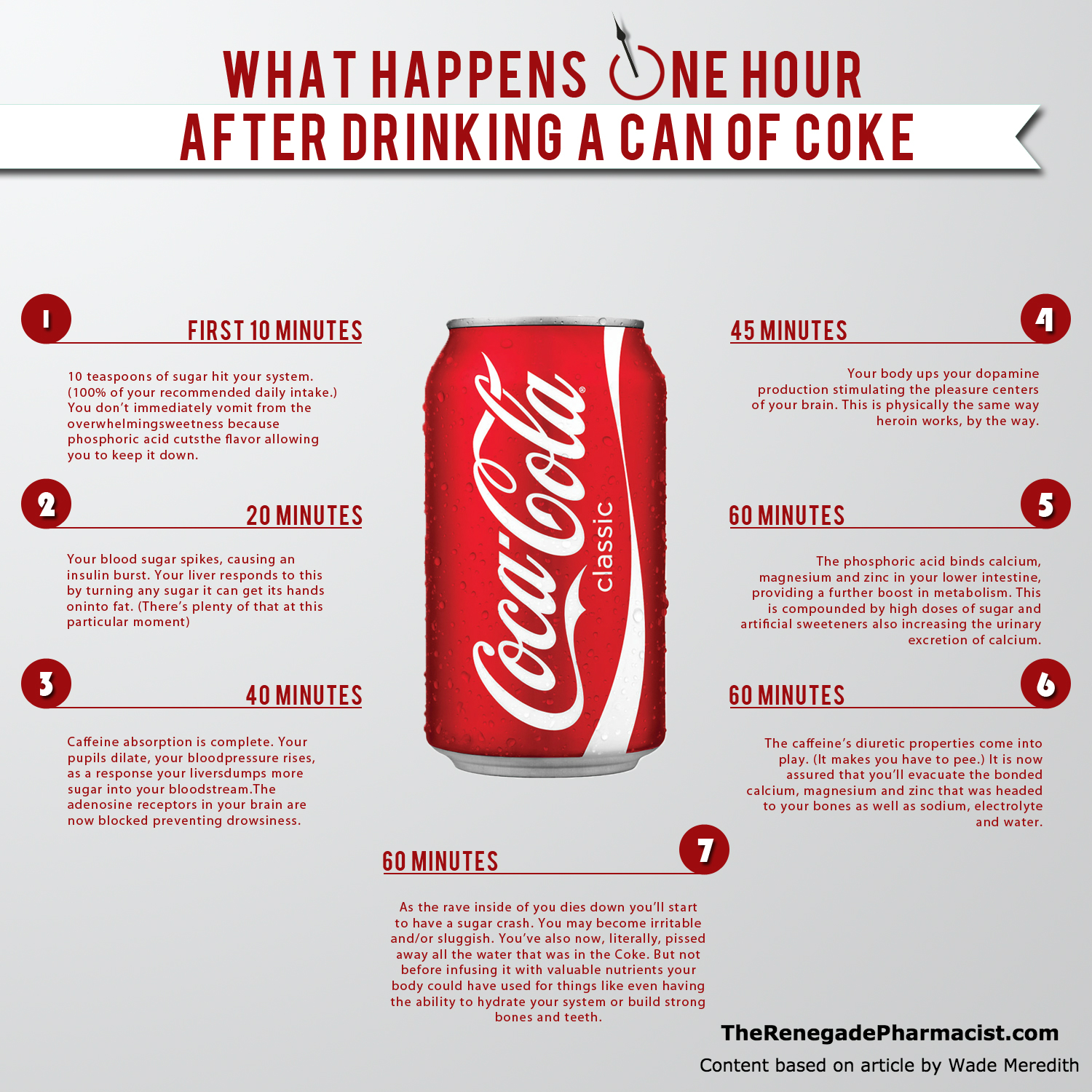

These preservatives can have adverse health effects and some are even banned by some countries. Healthier Dietīottled coffees, teas, energy drinks, and sodas often contain an assortment of preservatives designed to give them a longer shelf-life. 5ġ pound of fat contains the equivalent of 3500 calories, so do the math… 12. 4Ī study from Victoria University found that when caffeine is in a sugary beverage it causes people to consume more of that sugary beverage compared to a sugary beverage without caffeine.
Many experts say that sugary beverages are a huge component of the obesity epidemic plaguing the western world. Caffeinated beverages generally add empty calories to our diets that we don’t really need. Healthier TeethĬoffee and tea stain teeth and acidic & sweet energy drinks or sodas erode tooth enamel which causes tooth decay more readily.Įliminating these beverages results in whiter and healthier teeth. Quitting can reduce the need to use the bathroom as often, especially in the mornings. This can be challenging during meetings, road trips, or when bathrooms aren’t convenient. This is why many choose green tea.Caffeinated beverages cause us to urinate more often and in some people can even cause incontinence.Ĭaffeine also stimulates the smooth muscle tissue of the colon, which causes it to contract. The tea on tea: Millions of Americans drink tea daily. Study says: Drink 2 or 3 cups of coffee a day? You might live longer - especially if it's ground. How much caffeine is dangerous? Here's what to know before having that next cup. Read more about caffeine, coffee here:Įnergy drinks: Do energy drinks do more harm than good?

For others, this amount is not sufficient to have a stimulating effect.

For some, this may be why it’s difficult to sleep after drinking caffeine, even if it was earlier in the day. So even if you feel the effects starting to wane because of the decreased dosage, you still have some caffeine in your system after a few hours. The half-life (the amount of time it takes for the amount of a drug in your body to be cut in half) of caffeine is between 4-6 hours. How a reduction in the function of neurotransmitter receptors leads to the effects of caffeine (wakefulness, attention) is unclear, however, it is hypothesized that high levels of adenosine promote sleepiness, so if the receptor is not functioning properly, your brain might not be getting the signals that it needs to rest. Blanca Lizaola-Mayo, MD, a transplant hepatologist (liver doctor) and the Medical Director of the Liver Transplant Center at the Mayo Clinic in Arizona says with a smile, “A least three cups of coffee a day will keep the hepatologist away.” What does caffeine do to our bodies?Ĭaffeine works against the effects of the neurotransmitter receptor. Recently, there has also been a pleasant surprise: three cups of black, caffeinated coffee can help your liver function. Caffeine even has a few medical uses – it can be added to certain pain relievers to help with migraines or decreased respiration (breathing) in infants. Some people report feeling alert and energized, while others feel jittery and anxious. It can also be created synthetically in a lab.Ĭaffeine is considered to be a stimulant drug. Caffeine effects, explainedĬaffeine consumption averages around 76 mg per person per day in the United States and Canada, so it’s important to know and understand what it does.Ĭaffeine is a naturally occurring substance found primarily in coffee, but also in tea leaves and cacao nuts. What is going on here? What does caffeine do to your body? And how long does it last?Ĭaffeine and its effects are actually fairly complicated and scientists still aren’t sure exactly how it works. Some lose the focus required for work or school. rolls around and the same thing happens – you may be cranky or tired. We all know this person – do not speak to them until they have had a cup of coffee.


 0 kommentar(er)
0 kommentar(er)
